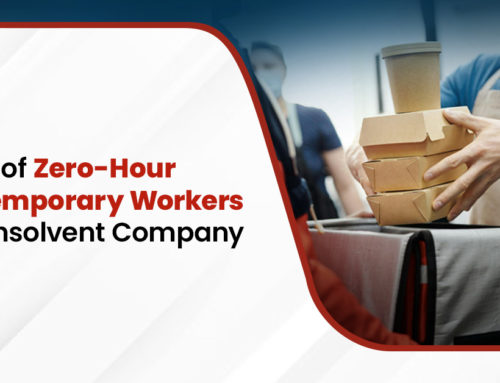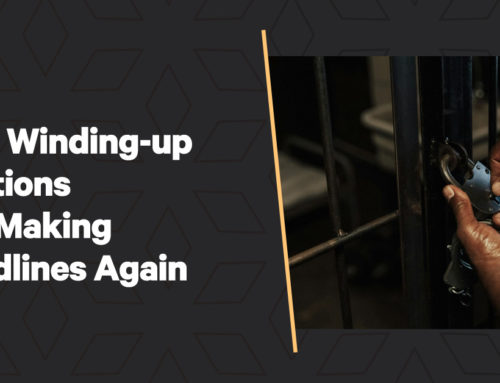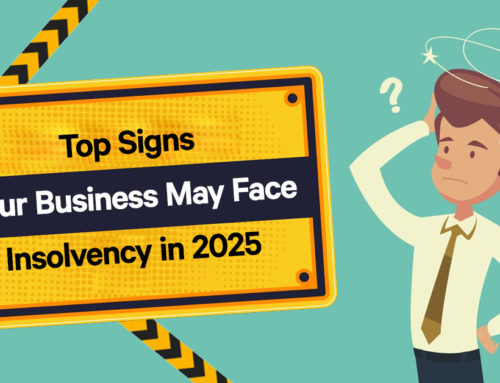Administering the estate of a deceased person can be complex and time-consuming. However, dealing with insolvent deceased estates is even more complicated for executors of the estate and the deceased’s family.
Insolvent deceased estates are handled differently to insolvent businesses or individuals. Firstly, the Insolvency Act 1986 does not cover the administration of insolvent estates. This comes under the Administration of Estates of Insolvent Deceased Persons Disorder 1986 (DPO 1986) and a subsequent amendment in 2002.
That said, the DPO is used in conjunction with the Insolvency (England & Wales) Rules 2016 and the 2017 amendments (IR). In addition, with an insolvent estate only certain people are allowed to handle the administration of the estate. With this in mind, let’s look in more detail how Leading can help in administering insolvent deceased estates.
When is a deceased person’s estate considered insolvent?
A deceased person’s estate is considered insolvent when the assets of the estate, when realised, are not sufficient to meet the estate’s debts and liabilities, such as tax payable. An estate is not considered insolvent if these can be paid, even if the beneficiaries don’t receive any of their inheritance. This only applies if the debts were held solely by the deceased. If the debts were held with their spouse, civil partner or another person, they become responsible for those debts from the date of the deceased’s death.
However, debts are not, in general, inherited by family upon the death of a loved one. The only time a debt is inherited is if:
● A member of the family acted as a guarantor on a loan taken by the deceased;
● Money was given as a gift to a member of the family, such as a daughter or son, during the seven years prior to the deceased’s death. The reason for this is the gift could be considered as a way of avoiding repaying creditors’ debts.
With an insolvent estate, not only will the beneficiaries not receive their inheritance, in most cases the creditors will not get payment in full either. In fact, the personal representatives (PRs) or executors of the estate must now act in the best interests of the estate’s creditors rather than the beneficiaries.
At this stage, the administration of the estate should be passed to a solicitor or insolvency practitioner (IP) by way of an Insolvency Administration Order (IAO). The personal representatives, or executors, of the deceased’s estate applies for the IAO via the court, who appoints the insolvency representative, or trustee, such as Leading UK, to manage the insolvent deceased’s estate and pays creditors. Creditors can also apply for an IAO if they believe the deceased’s estate is likely to be considered insolvent.
What is an Insolvency Administration Order?
An IAO is granted by the court and passes the administration of an insolvent deceased’s estate to a solicitor or insolvency practitioner. They will work with the executors and personal representatives in administering the estate and ensuring that the creditors are paid in the correct order. The IAO also prevents any legal proceedings being started by creditors against the estate.
It is effective from the date of death and, in accordance with business or personal insolvency procedures, a statement of affairs is prepared, a meeting of the creditors is held, the assets are collated and then distributed to the creditors in a priority order.
How can Leading help in administering insolvent deceased estates?
Leading is able to help a deceased’s family if they believe that the deceased’s estate may be insolvent by assessing the estate’s assets and establishing whether there are sufficient funds to pay any outstanding debts and liabilities, such as inheritance tax. If this is the case, our experienced debt management professionals will help the personal representative of the estate to apply for an IAO. Once granted by the court, Leading are then in a position to liaise with the insolvent estate’s creditors.
The process is managed in a similar way to personal bankruptcy; the difference is that it is done in accordance with the Administration of Estates of Insolvent Deceased Persons Disorder 1986 (DPO 1986). The DPO sets out a priority order for the payment of debts from the realisation of assets held in the deceased’s estate, as follows:
1. Secured creditors, such as a mortgage.
2. Funeral expenses.
3. Testamentary expenses, such as the costs incurred by the personal representatives during the process.
4. Preferential creditors.
5. Unsecured creditors, such as utility bills.
6. Interest due on unsecured loans.
7. Deferred debts.
It is a statutory order that the expenses, liabilities and debts of an insolvent estate are paid but it is quite likely that there will be insufficient funds to pay all the creditors the full amount; indeed, some creditors may receive nothing. According to the intestacy rules, beneficiaries named in the deceased’s will or other entitled beneficiaries will not receive any inheritance either.
With an IAO in place, the IPs or personal representatives of the insolvent deceased’s estate are able to take advantage of two provisions in the Insolvency Act 1986. They are:
● Section 341 (modified by Article 27, Part II, Schedule I, DPO 1986) – permits the setting aside of transactions at an undervalue to recover sums and potentially increase the value of the estate.
● Section 421A – permits the reclaiming of the value of the deceased’s interest in any property which was jointly owned by the deceased prior to death which subsequently passed by survivorship to any surviving co-owners.
These two provisions allow the personal representatives to go back or forward five years, from the date of death, to potentially claw back the estate’s assets on behalf of creditors.
If you are an executor or family member of an insolvent deceased’s estate and you’re struggling to deal with creditors and manage probate of the estate, the first step is to seek professional advice. Our highly experienced professionals at Leading are on hand to help with advice on administering insolvent estates as well as insolvency matters. Contact us today and discover how we can help you.






